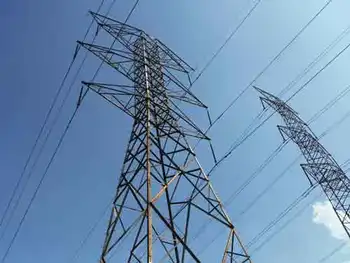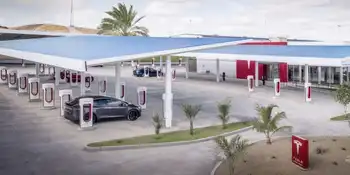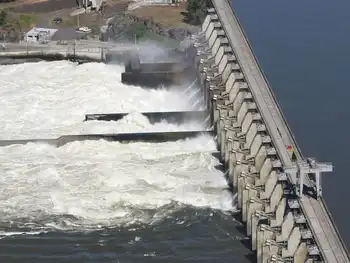Are utilities the best smart grid services provider?
Unfortunately, consumer resistance to accepting the service from their utility provider may be holding the service back.
In SmartGridCity, a pilot program in Boulder, Colo., that brings together all the different communications technologies and services into one community, utility Xcel Energy has finished its infrastructure and smart meter rollout and is now in the process of collecting feedback from its initial trials. So far Dick Kelly, president, chairman and CEO of Xcel Energy, has learned that consumers aren't as amenable to the service as originally anticipated.
"It takes time to participate, and not everyone is willing to take the time," Kelly said. "There is some hesitation from customers that don't want their utility in their house any longer than they have to be."
A lot of customers just simply aren't interested, he said. Some just want their TV to work when they come home.
"The consumer seems to be one of the most left-out pieces of this conversation," added Michael Valocchi, Global Energy and Utility Industry Leader for IBMGlobal Business. "We talk about technology, widgets and the grid, but we start to leave the customer out. In the end, they are the ultimate person who will say is there value to what we are doing? They are the ultimate aggregatorÂ…. The key question is will the consumer do what we need them to do?"
According to a recent IBM survey, cost is important to consumers, but it is not the only thing. Information and the feeling of control are key to many consumer groups. Green issues are important, but consumers aren't willing to pay more to promote eco-consciousness, Valocchi said. Nearly 90% of respondents also wanted a technology like advanced meter infrastructure (AMI), but they didn't necessarily know what to do with it. Further, things they want do it aren't actually possible with AMI alone, he said.
"Communication is really lacking from a utility perspective," Valocchi said. "Even consumers who had a choice didn't feel like they did. We talk about the customer, but we can't forget about the consumer." Not managing customer expectations, but building against them will be essential to make demand response and other smart grid functions sustainable, he added.
The panelists drew an analogy between utility services and the phone bill. Phone bills have gone down significantly for consumers, but with all the new features and services possible, most are paying more than they ever had before. This is a path that utilities are eager to follow, but they still have to find a way to incentivize consumers. Outside of what services consumers want, Valocchi noted that it's important to figure out what companies consumers actually want in their home and whom they will trust. If it's not the utility industry, then someone else has to be there, he said.
There are a number of new entrants vying to take that place in the home. IT giants Google and Microsoft are trialing remote energy management (REM) applications, PowerMeter and Hohm, respectively, with consumer friendly and familiar interfaces. Telcos, too, already have an established presence in the home through their broadband, telephone and video bundles of service. Verizon, for example, has stated its intentions to leverage its FiOS TV platform for a REM application, one in which consumers can view their electricity usage. While these companies don't own the energy relationship, they are familiar with owning the customer relationship, Broadband Trends analyst Teresa Mastrangelo said.
"A third party provider would be able to do a better job of offering that service to an end user simply because they already provide a number of applications consumers are comfortable with," she said. A third party could also mitigate the fact that typical consumers have a gas, water and electric meter, and they want cost savings across all three, she said. Saving on just the electric bill may help the utility, but it might not be enough to encourage the consumer to adapt their behavior.
"Everyone kept saying ‘make it easy, make it easy,' but if everyone has multiple utilities and everyone has different services – the electricity guy, water, and gas may do it different – that is a big issue for the consumer," Mastrangelo said. "It is just like they don't want a fixed phone and mobile account. They want to see a single portal or maybe a single bill. If there is some way to consolidate it, it makes it easier for them to understand the value."
Related News

Ontario introduces new 'ultra-low' overnight hydro pricing
TORONTO - The Ontario government is introducing a new “ultra-low overnight” electricity plan that can benefit shift workers and individuals who charge electric vehicles while they sleep.
Speaking at a news conference on Tuesday, Energy Minister Todd Smith said the new plan could save customers up to $90 a year.
“Consumer preferences are still changing and our government realized there was more we could do, especially as the province continues to have an excess supply of clean electricity at night when province-wide electricity demand is lower,” Smith said.
The new rate, which will be available as an opt-in option as of May 1,…




